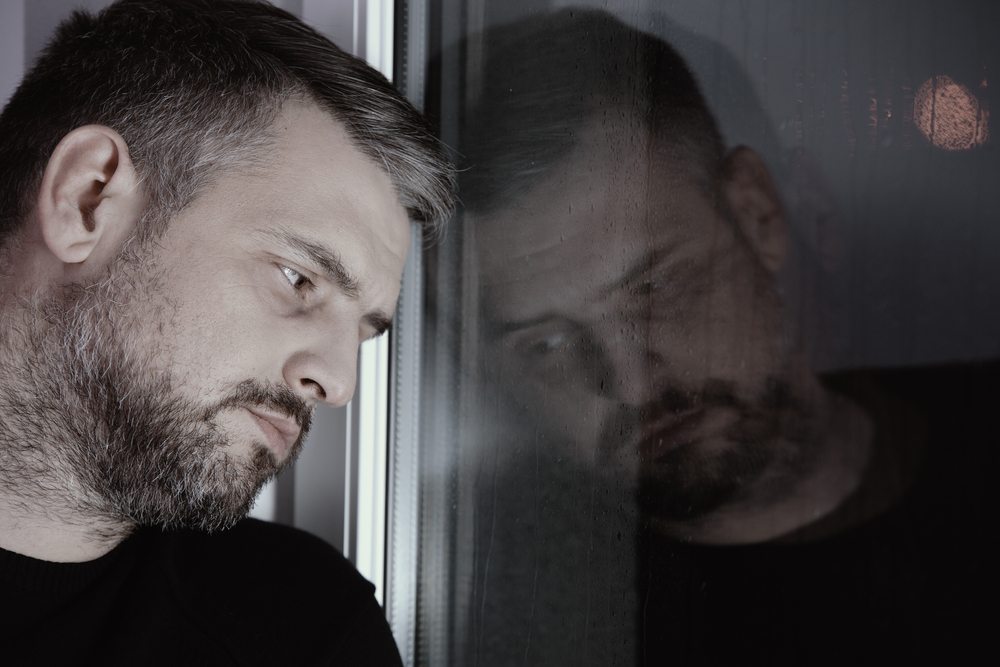Does depressive realism exist? Are depressed people really more realistic?
Depression can be tough. But psychologists speak of a phenomenon called depressive realism. They often say that depressed people are more realistic in their assessment of their personal and social world than non-depressed people. Non-depressed people would think unrealistically optimistic about themselves and their circumstances.
This idea has also become familiar to many non-psychologists. It seemed a kind of consolation: while depression is very annoying, at least on the other hand, depressed people are more realistic. Is it true? Amelia Dev and colleagues investigated it.
The theory of depressive realism
The theory of depressive realism is based on Alloy & Abramson's (1979) research. Their paper was called Judgment of contingency in depressed and nondepressed students: Sadder but wiser?
The theory states that depressed individuals are less prone to optimistic bias, and thus are more realistic in assessing performance and the extent to which they influence their circumstances.
Replication studies of Deve et al.
Dev et al (2022) replicated Alloy & Abrahamson's research and also made some methodological improvements.
The researchers found no evidence that depressive symptoms are associated with a more realistic view of one's own performance and influence.
Conclusion
I had heard about the depressive realism idea a long time ago, so the sadder but wiser idea. It puzzled me at the time. What does it say that depressed people are more realistic? Does it say that reality is more negative than the non-depressed person thinks? So is not being depressed in that sense wrong?
We can end these kinds of musings. The new research shows that we can let go of the idea of depressive realism.

Comments